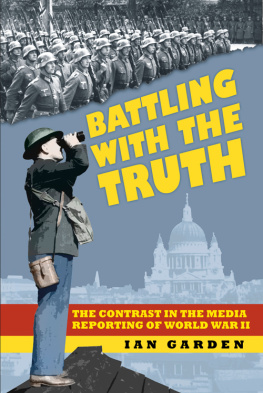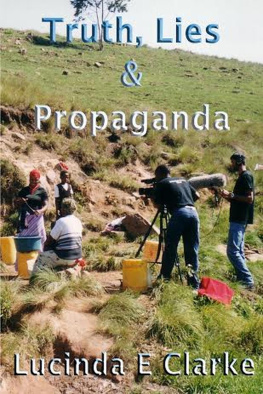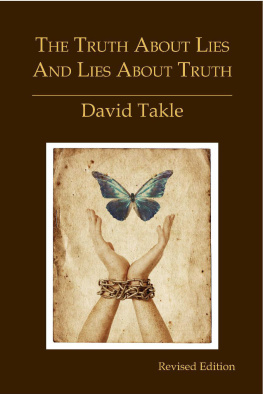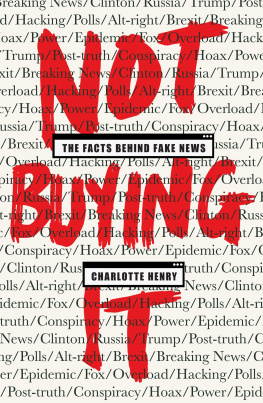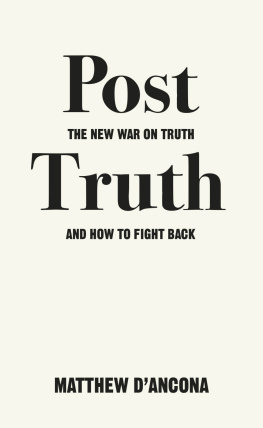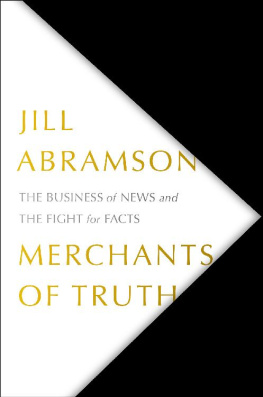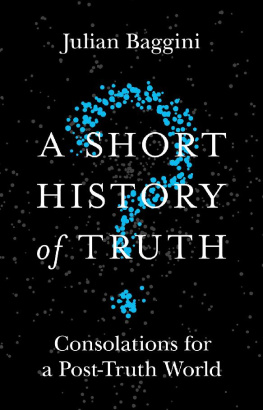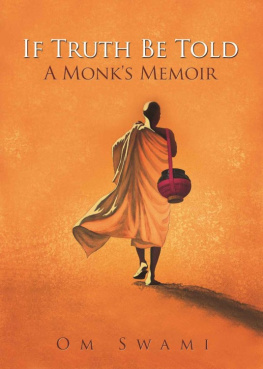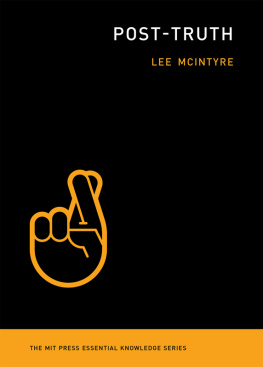

This book is dedicated to my ever-supportive parents.
This book could not have been completed without the assistance of a large number of individuals and institutions.
In terms of general research, I would like to thank Professor Simon Eliot and Dr Henry Irving for additional information arising from their own research into the history of the Ministry of Information (MOI); Anne Jensen from the Archive and Record Office of The Times ; the staff at the National Library of Scotland in Edinburgh, the British Library in London and the National Archives at Kew.
There are five other individuals who deserve special mention:
First, Professor Ruth Schrck, who has spent so much of her time over the last few years sharing with me her fascinating experiences of life in Germany during the Second World War. Her insight and knowledge have been irreplaceable sources of inspiration.
Second, Professor William Niven and his colleague, Nick Hayes, of Nottingham Trent University for all their assistance in helping me track down specific research materials. I wish Bill well with his own current project a book about Hitlers films which is another subject close to my heart.
Third, Luc Braeuer and his colleagues for providing me with a number of excellent images, which I have been able to include in this book. Luc is a military historian and prolific author who runs a number of excellent war museums in France at Saint-Nazaire (Le Grand Blockhaus), La Rochelle and Quinville.
Fourth, Steve Sullivan for his willingness to provide me with images featured on his excellent website, Blighty-at-War.net.
Finally, Helen Gillard for all her expert advice and feedback on the content and layout of this book.
There are, of course, many other friends and acquaintances whom I would like to thank for their numerous suggestions and invaluable support during the completion of this project. These include Hanna Awan, Janet Begrie, Campbell Black, Lothar Braun, Clare Brown, Yvonne Burgess, Jo de Vries, Jim Dunnigan, Ed Furgol, Malcolm Hay, Douglas Laws, Michael Leventhal, Ian Lewis, Angus Logan, Sheena McDonald, Bruce McHale, George Milne, Eva Pearson, Hilary Swanson, Brian Taylor, Mark Taylor and, of course, Chrissy McMorris and her colleagues at The History Press.
It is always difficult with a book of this type, researched and written over a long period of time, to succeed in acknowledging the assistance given by so many different people at various stages in its preparation, so I apologise in advance for anyone whose name has been omitted inadvertently.
Where necessary, every effort has been made to contact the copyright holders of all materials used but, notwithstanding, I express my apologies for any omissions.
CONTENTS
In war, truth is the first casualty.
(attributed to Aeschylus, Greek tragic dramatist 525 BC to 456 BC)
On the afternoon of 16 October 1939, about twelve German bombers arrived over the River Forth on the east coast of Scotland, dropping bombs over the famous rail bridge and almost hitting a train that was crossing the bridge at the time. Fighters were scrambled from local aerodromes, and a couple of bombers were shot down. It was the first raid by the Luftwaffe over Britain, and it was reported as having been a complete failure. Indeed, such was the euphoria surrounding this first downing of German planes by Spitfires that a thrilling documentary was released a few months later. This film recreated the incident with dramatic dogfight footage and gave the distinct impression that the rail bridge had been the main target hence why the incident came to be known as the Forth Bridge Raid.
The British media coverage of the raid was actually quite wide of the mark. The Forth Bridge had never been the bombers intended target. The Germans had actually been hoping to attack HMS Hood but, as it was not to be found on the river, they had turned their attention to three other naval ships sailing near the Forth Bridge. Press reports not only suggested that damage to these ships was minimal and that naval casualties were light but also indicated that as many as six German planes were shot down that day. This was not entirely accurate.
Damage to one of the ships was actually quite significant and no fewer than sixteen sailors were killed and a further forty-four wounded. Little of this was made public at the time and, in fact, only two German planes were shot down with a third crashing in Holland on its way home.
So, while certainly a significant result for the British, the whole incident was perhaps not quite the complete triumph implied nor as one-sided as was suggested, especially when it is discovered that the only reason the raiders were able to reach their target at all was because of the failure of the nearby radar system at Cockburnspath.
However, if the British gave a somewhat misleading impression of the raid, then the Germans were equally dishonest. They claimed that two British cruisers had been badly damaged and that they had shot down two fighters, with two of their own aircraft reported missing. Given that the Germans did not shoot down any British planes whatsoever and that they actually lost three rather than two planes of their own, it just goes to show how the Germans tried to make just as much propaganda out of this confrontation as the British, In fact, the British and the Nazis were both prepared to play rather fast and loose with the truth and, by so doing, both sides were able to claim success.
Now, the false reporting of a single incident may not seem of much significance. However, the misleading coverage of this event was symptomatic of the sort of practices that persisted throughout the war, not just with regard to the reporting of individual incidents but also of whole campaigns.
Take, for example, the Battle of Britain . I have a good German friend who had been resident in Berlin for much of the war and who only moved to Britain in the 1960s. I was quite shocked when she explained to me that she had never even heard of events such as the Battle of Britain until she came to live in this country. She had found it necessary to ask people what was meant by this term since, for her, the whole war was against Britain. It seemed to me totally inconceivable that any ordinary German citizen who lived through the war could have been unaware that there had been a specific life or death air battle between Britain and Germany in 1940, let alone that it was a battle Germany had lost and which, arguably, changed the whole course of the war. And yet, such ignorance of this and similar events was undoubtedly the case.
In effect, history has shown us time and again that the root cause of conflicts between nations often lies in the failure of either side to understand the underlying motivations and perceptions of the other. Add to this the deliberate manipulation, misrepresentation or concealment of the facts by the respective governments of each nation, both prior and subsequent to conflict, and the seeds of a long and bitter dispute can be sown.
A recent example of such a scenario is to be found in the conflict in Eastern Europe with the annexation of the Crimea by Russia and the continuing unrest in eastern Ukraine. For many Ukrainians and many countries in the West, the issue was portrayed as the illegal and belligerent actions of Russia in occupying and seizing the territory of a neighbouring sovereign power. For most Russians, the annexation of the Crimea was seen as the rightful repossession of territory that had been seized wrongfully and reassigned to Ukraine in the 1950s, albeit that the majority of its people are Russian-speaking and feel a greater affiliation towards the East. Many of the people who live in these territories actually share that view, and if there is a perception true or otherwise that they are a disadvantaged or even persecuted minority in a foreign land, then it is easy to understand how this could provoke such anger and resentment as to lead to war.
Next page
